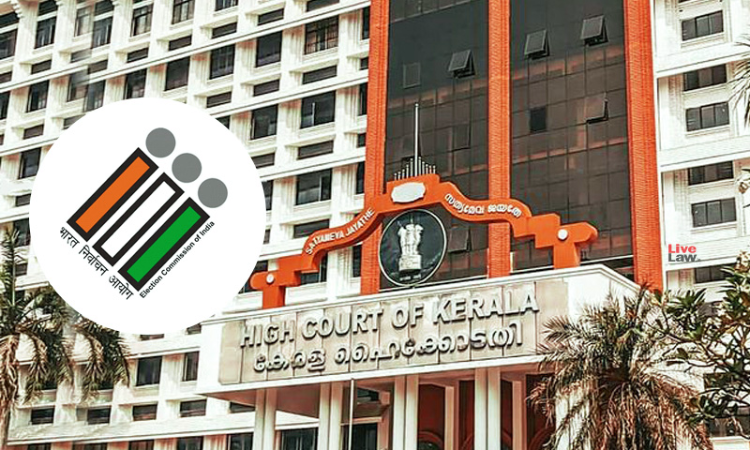Have Taken All Possible Steps To Ensure Sanctity Of Electoral Roll, EC Tells Kerala High Court
Lydia Suzanne Thomas
30 March 2021 2:05 PM IST

Next Story
30 March 2021 2:05 PM IST
In a Statement presented before the High Court today, the Election Commission has submitted that it has taken all possible steps to ensure that the sanctity of the electoral roll is maintained, and no person is allowed to cast an unauthorized vote in the upcoming Kerala Legislative Assembly elections. The Commission's statement is a response to a petition filed by Kerala Leader of...
